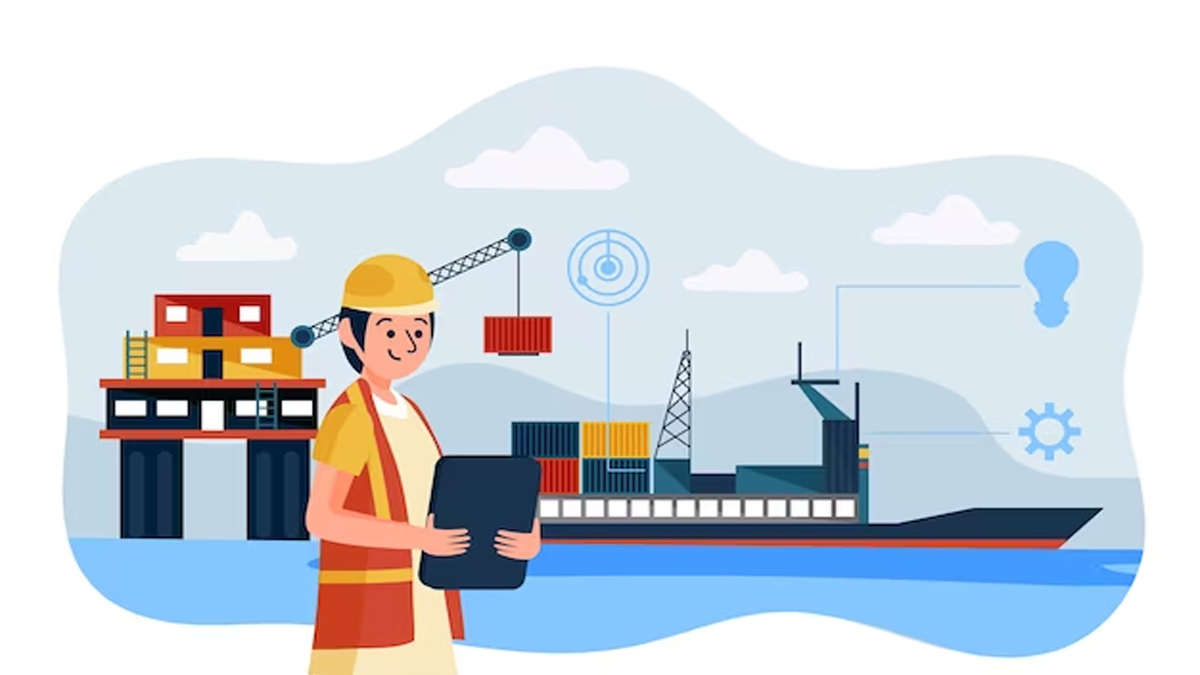1. International Maritime Organization (IMO) Regulations:
The IMO, a specialized agency of the United Nations, sets international regulations and standards for maritime operations. The IMO has been working on developing guidelines and regulations for autonomous ships, including the International Convention for the Control and Management of Ships’ Ballast Water and Sediments and the International Convention for the Safety of Life at Sea (SOLAS).
2. Liability and Responsibility:
Autonomous ships introduce complex questions regarding liability and responsibility. Determining who is responsible in case of accidents or incidents involving autonomous ships can be challenging. Legal frameworks need to address issues such as product liability, operator responsibility, and the role of manufacturers, operators, and third-party service providers.
3. Collision Avoidance and Navigation:
Autonomous ships must be capable of navigating safely and avoiding collisions with other vessels, ports, and offshore installations. Regulations should establish standards for collision avoidance systems, including requirements for sensor technology, communication systems, and decision-making algorithms.
4. Data Protection and Cybersecurity:
Autonomous ships rely heavily on data collection, processing, and communication systems. Legal frameworks need to address data protection and privacy concerns, ensuring that personal data collected by autonomous ships is handled appropriately. Cybersecurity measures should be implemented to safeguard the vessels from potential cyber threats.
5. Flag State and Port State Jurisdiction:
Clarifying the jurisdiction and regulatory oversight of autonomous ships is crucial. Flag states (countries where the ship is registered) need to establish appropriate regulations, certification procedures, and safety standards. Port states (countries where the ship operates) should define requirements for autonomous ships entering their ports, including inspection and compliance procedures.
6. Human Interaction and Emergency Situations:
Autonomous ships may need to interact with humans, whether it’s crew members, port authorities, or other stakeholders. Regulations should specify the requirements for human-machine interfaces, communication protocols, and procedures for emergency situations.
7. Insurance and Risk Management:
The insurance industry will need to adapt to the introduction of autonomous ships. New insurance models and coverage options may be required to address the unique risks associated with autonomous operations. Regulations might influence the insurance requirements for autonomous ships and determine the responsibility for damages and incidents.
8. Environmental Regulations:
Environmental considerations are crucial in maritime operations. Regulations should ensure that autonomous ships comply with environmental standards, including emissions control, ballast water management, and disposal of waste and hazardous materials.
It is important to note that these legal considerations are not exhaustive, and the development of regulations for autonomous ships and maritime operations is an ongoing process. The specific legal landscape and requirements may vary depending on the jurisdiction and the stage of implementation of autonomous systems in the maritime industry.
